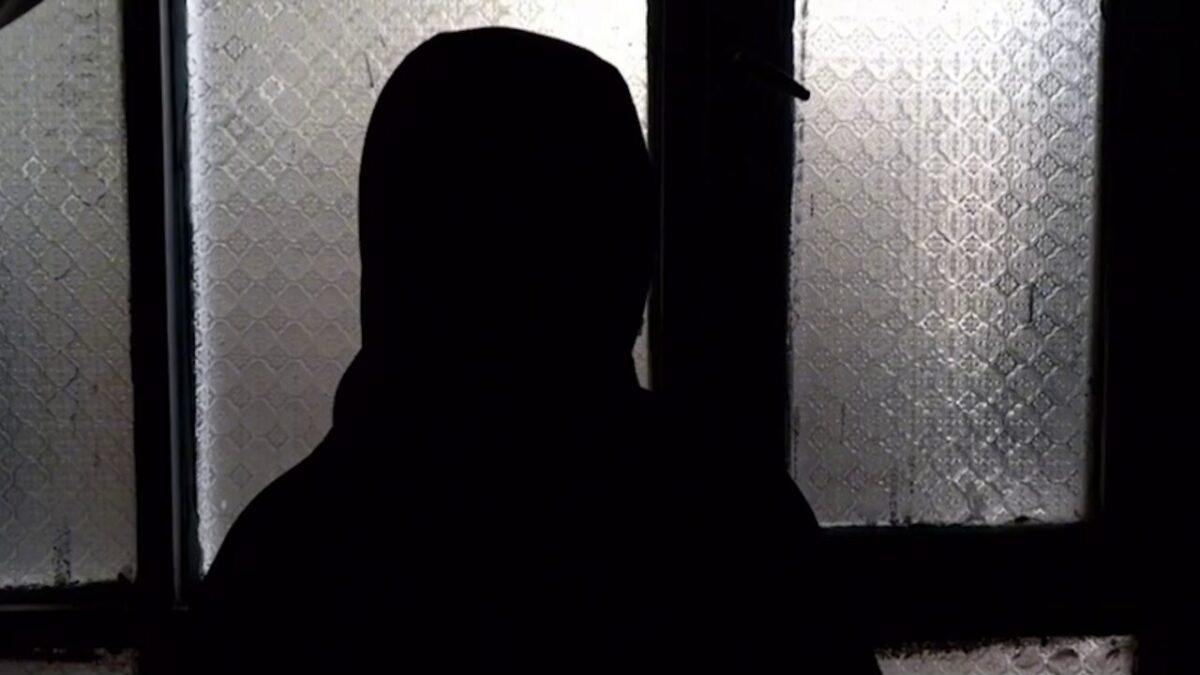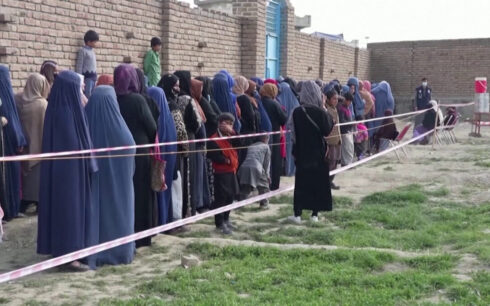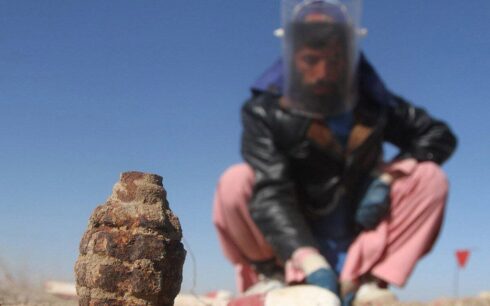Richard Bennett, the United Nations special rapporteur on human rights in Afghanistan, has released a new report detailing severe human rights abuses under Taliban rule, including alarming cases of sexual violence against detained women. Drawing on credible sources, the report describes how women have been detained for wearing what the Taliban deem “inappropriate” or “incorrect” hijab, and subjected not only to physical violence but also, in some cases, to sexual assault.
The Special Rapporteur expressed profound disturbance over these accounts, particularly regarding a January 2024 crackdown in which detained women were reportedly taken to police stations, where they endured verbal abuse, beatings, and, in some cases, sexual assault. One survivor recalled, “They beat me as they asked questions, hitting my head on the wall … One of them tore my hijab and then touched my private parts.” Other former detainees revealed similar abuse, while some, though spared sexual violence, still faced ostracism within their families and communities, who doubted their accounts.
Bennett emphasized the many obstacles faced by survivors of sexual violence in Afghan society, where harmful stereotypes, social stigma, and victim-blaming discourage victims from speaking out. Restrictions on women’s movement further complicate survivors’ access to essential medical, psychological, and reproductive services. Given this “culture of silence,” Bennett warned that many cases of sexual violence likely go unreported.
Escalating gender-based violence and erosion of women’s rights
The report documents the Taliban’s systematic dismantling of protections for women, leading to a sharp increase in gender-based violence, including domestic and intimate partner abuse. Bennett noted that while violence against women was already prevalent during the previous Republic-era government, conditions have deteriorated significantly under Taliban rule. Driven by policies enforcing male dominance, these conditions systematically strip women of autonomy and economic independence. Taliban policies have also eliminated essential legal protections, barring female lawyers and judges and restricting women’s freedom of movement, which significantly impedes their access to justice.
Bennett’s report casts these developments as part of a “gender apartheid,” underscoring the institutional nature of Taliban policies that subordinate women. He urged U.N. member states to hold the Taliban accountable and warned that international inaction could embolden the regime, allowing a model of repression that may extend beyond Afghanistan.
The Taliban had not issued a response to Bennett’s report at the time of publication.
Bennett’s report warns of abuses against Afghan children
The report highlights troubling developments affecting Afghan children, including a resurgence of bacha bazi, the abuse of young boys. It also notes continued child recruitment by Taliban forces, with children placed at checkpoints. The document cites alarming land mine casualties, with 108 deaths—including 91 children—between January and July 2023. Bennett also pointed to the Taliban’s accelerated construction of religious schools, warning that the curriculum may foster “extremist ideologies” among Afghan youth.
Ethnic and religious minorities
The report criticizes the Taliban’s governance as “exclusionary” and dominated by Sunni Pashtun men, effectively sidelining ethnic and religious minorities. Shiites and Hazaras, in particular, face targeted discrimination, exacerbated by ISIS-K attacks. The report highlights several incidents, noting that during Muharram commemorations this year, several Shiites were killed. Bennett warned that Taliban disregard for minority inclusion is fostering resentment and risking social fragmentation, as marginalized groups experience deepening persecution.
Extrajudicial killings
Despite the Taliban’s promises of amnesty, Bennett documents ongoing violence against those associated with the previous government or resistance movements. Arbitrary detentions, enforced disappearances, and extrajudicial killings remain pervasive, underscoring what Bennett describes as a campaign to silence opposition through intimidation and violence.
According to Bennett, freedom of speech and the press have also come under siege. He notes that journalists reporting on women’s rights and human rights abuses have faced threats. One female journalist told Bennett, “They want to silence me, especially those of us reporting on women’s rights.” Additionally, the Taliban have banned traditional celebrations like Nowruz and Yalda and declared music “haram,” often subjecting musicians to harassment and violence.
Calls for International accountability
Bennett underscored the need for the international community to hold the Taliban accountable, warning that unchecked abuses could normalize systemic oppression across the region. He cautioned that the Taliban’s disregard for international norms could embolden other regimes, eroding human rights standards globally.
Bennett also called for a human rights-centered approach to engaging with Afghanistan and demanded his unrestricted access to the country, which the Taliban have so far denied.
Taliban had not responded to Bennett’s findings at the time of publication.





